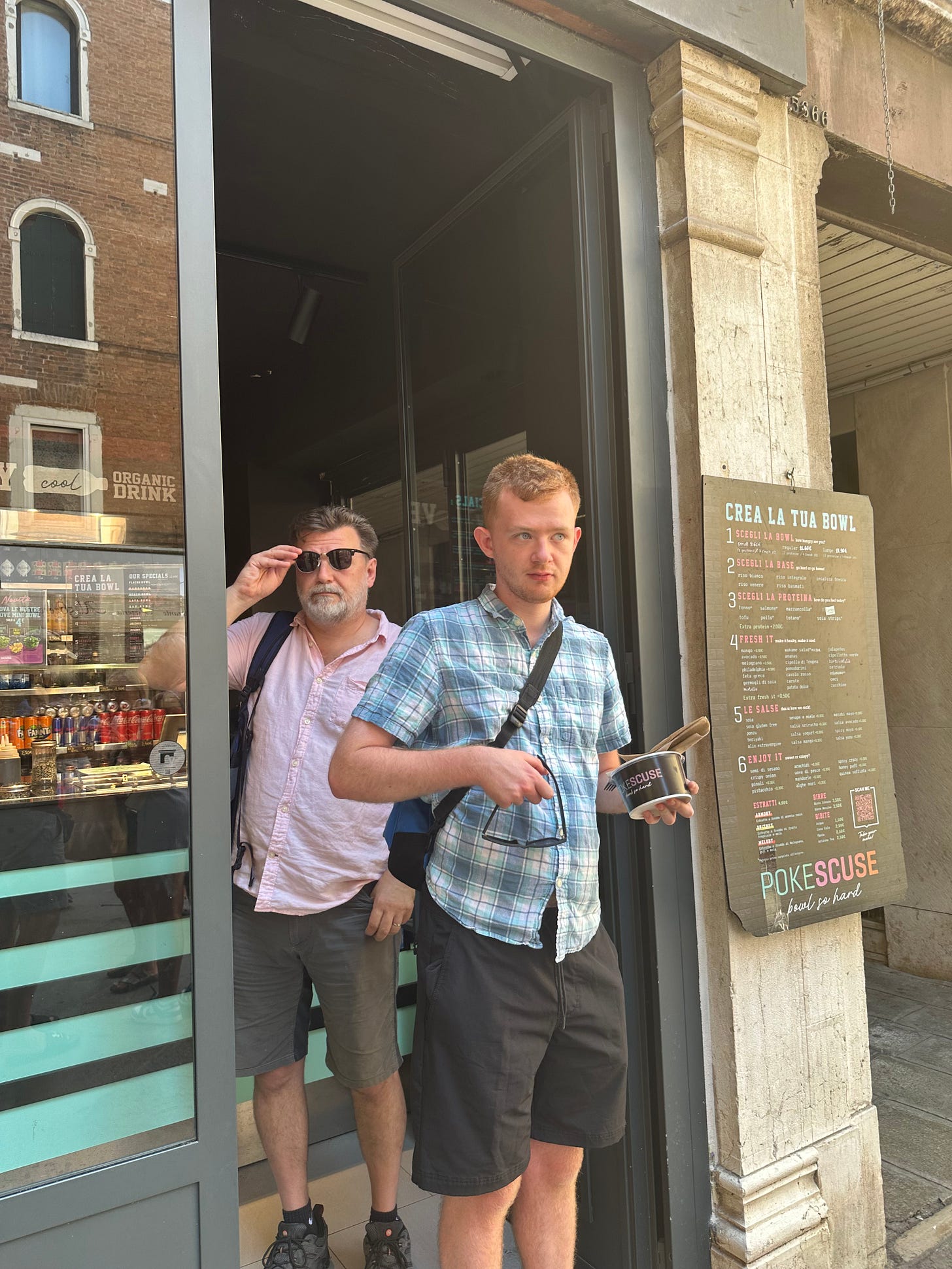Photo by Erik Mclean on Unsplash
Just a few months back, my son, Ian, turned 21, and I learned what the future held for us.
Before that, nobody would tell me what was going to happen to Ian and myself when he aged out of the public school system. And believe me I asked everyone — what happens to people who can’t work or finish college? Nobody would tell me anything.
When he turned 21, Ian qualified for state funding and I finally learned that with high functioning autism and epilepsy, Ian would qualified for a Tier B level of support in New Jersey. At the time, it seemed like a lot of money, because we’ve paid for so much out of pocket up until now. In reality, that money doesn’t go very far and hasn’t actually come through yet, because of paperwork issues, but at least we’re “in the system.”
I have a plan in place for Ian, when he finishes his transition program this June. He’ll finish his Associate Degree in computer science at the local community college and, hopefully, will have a part time job. He’ll continue doing his private therapy and social skills groups, which are covered by health insurance. He’ll live at home for the foreseeable future. The government money will go towards coordinating this patchwork support system.
While I have a plan for Ian, many of my peers have no idea what they’ll do with their adult-children. Those young men need programs that coordinate supported employment, teach independent living skills, and provide a range of social activities from 9-5, Monday through Friday. There is almost nothing like that in New Jersey. Our adult daycare system is low quality, underfunded, and understaffed.
While New Jersey might have one of the best special education systems in the country, New Jersey has a poor disability safety net. Massachusetts keeps coming up in conversations as the best place to live. Other ranking systems put Pennsylvania in first place. Others have told me about great programs in Connecticut.
So, some of my friends are planning on moving to better states. Yes, they are so desperate for help, they are ready to uproot their families and employment to relocate to a different part of the country. It’s tragic.
I spent years advocating for students with disabilities in a K-12 system, but those problems look marginal now in comparison to the situation facing the adult population and their families.
Around two years ago, I created the best case scenario plan and the worst case scenario plan for Ian at age 21. As it turns out, he’ll be closer to the best case scenario, but will benefit from the worse case scenario support system that I set up. This is, of course, fantastic, but if things hadn’t played out so well, I would definitely be thinking about moving to a better state, too.
Because adult disability services are run by the state, this is a political problem. Parents need to organize and get loud in very public ways. They need to demand larger budgets, more housing and care facilities, and to de-crazy the bureaucracy with its stupid jargon and overlapping departments. There needs to be continuity across the country.
Moving to another state to find the proper care for a disabled adult-child is just plain wrong, and the only way that’s going to change is if people get politically loud.
LINKS
Respite weekends are essential! Last weekend, my husband and I went up to the Catskills without any young adults in tow. This was only possible because my older son, Jonah, and my 86-year old folks helped out. Ian’s mostly fine on his own, but we worry about him getting lonely or having seizure, so help was needed.
On the main newsletter, I wrote about education politics:
And the lack of people who are seeking public sector jobs.
What part of your day has nothing to do with disabilities, schools, therapists, and paperwork? Right now, the hard part of parenting someone with differences only takes up just a few hours a week. Most of time, I’m doing other stuff — jogging, going to the farmer’s market, planning the next vacation, running for school board, selling vintage books, writing, meeting friends for drinks, and going to museums. I’m super lucky, I know, but I also think it’s my responsibility to advocate for those with larger challenges.






As a professional whose literally helped people all around the country I can tell you New Jersey is one of the best in terms of State Medicaid Waiver Supports. Stay away from Connecticut, Florida, and Texas. Massachusetts, New York, and Pennsylvania are pretty good too. It all depends on what support you need. In ALL cases, if you move AFTER your child leaves High School plan on your child being put on a waiting list. In Connecticut that list could be 25+ years.
I put together a FREE checklist for families considering a move to another state. You can download it here - https://truenorthdisabilityplanning.com/free-tools/moving-with-special-needs-child
I am pleased to see notes about the bases on which people compare administrative groups. I fear that too often people say that LEA1 < LEA5 or SEA r > SEAp on the basis of vague, subjective assessments.
I’d be interested in hearing folks list the criteria or standards that should be used to compare administrative groups. Alternatively, what is it that we want states and localities to provide?